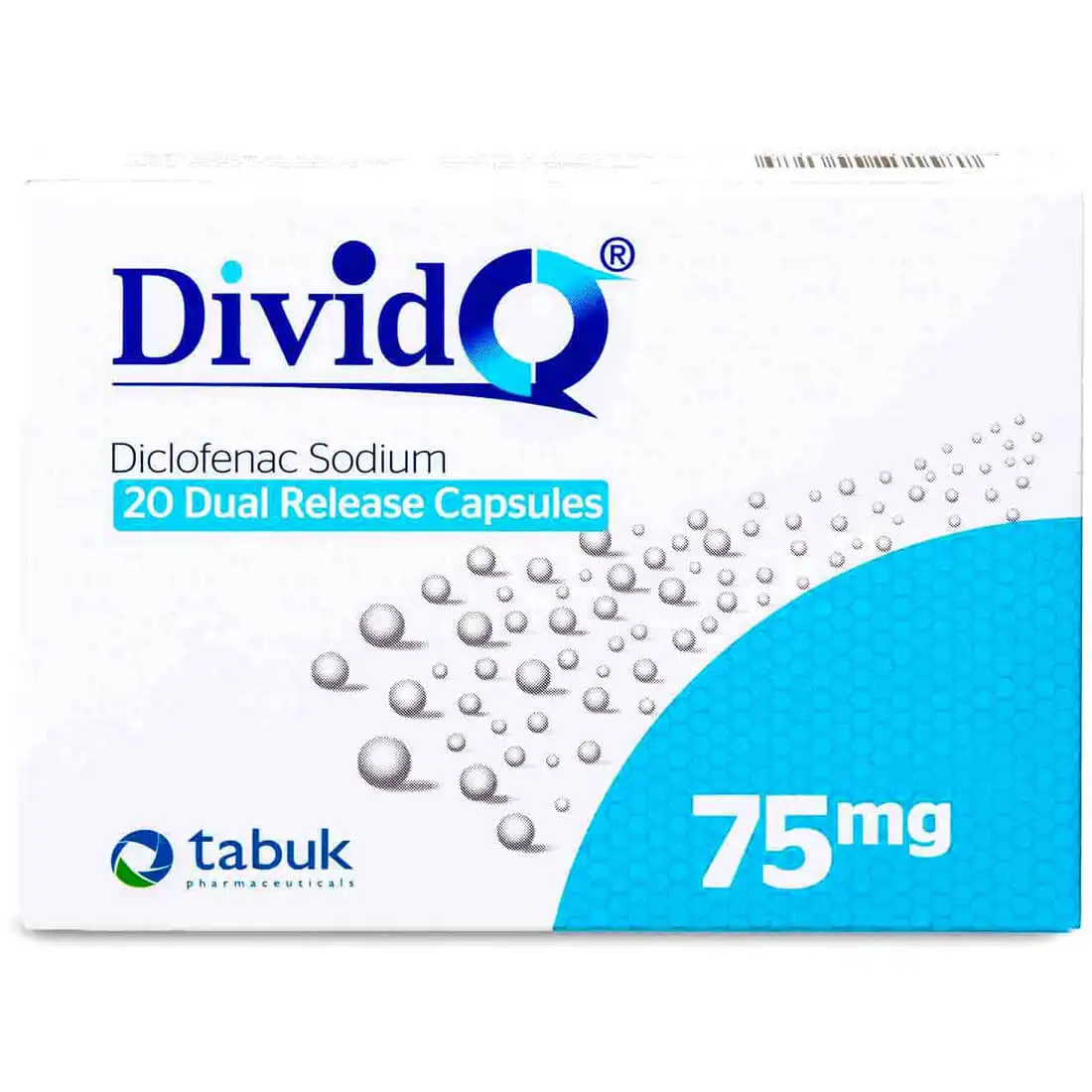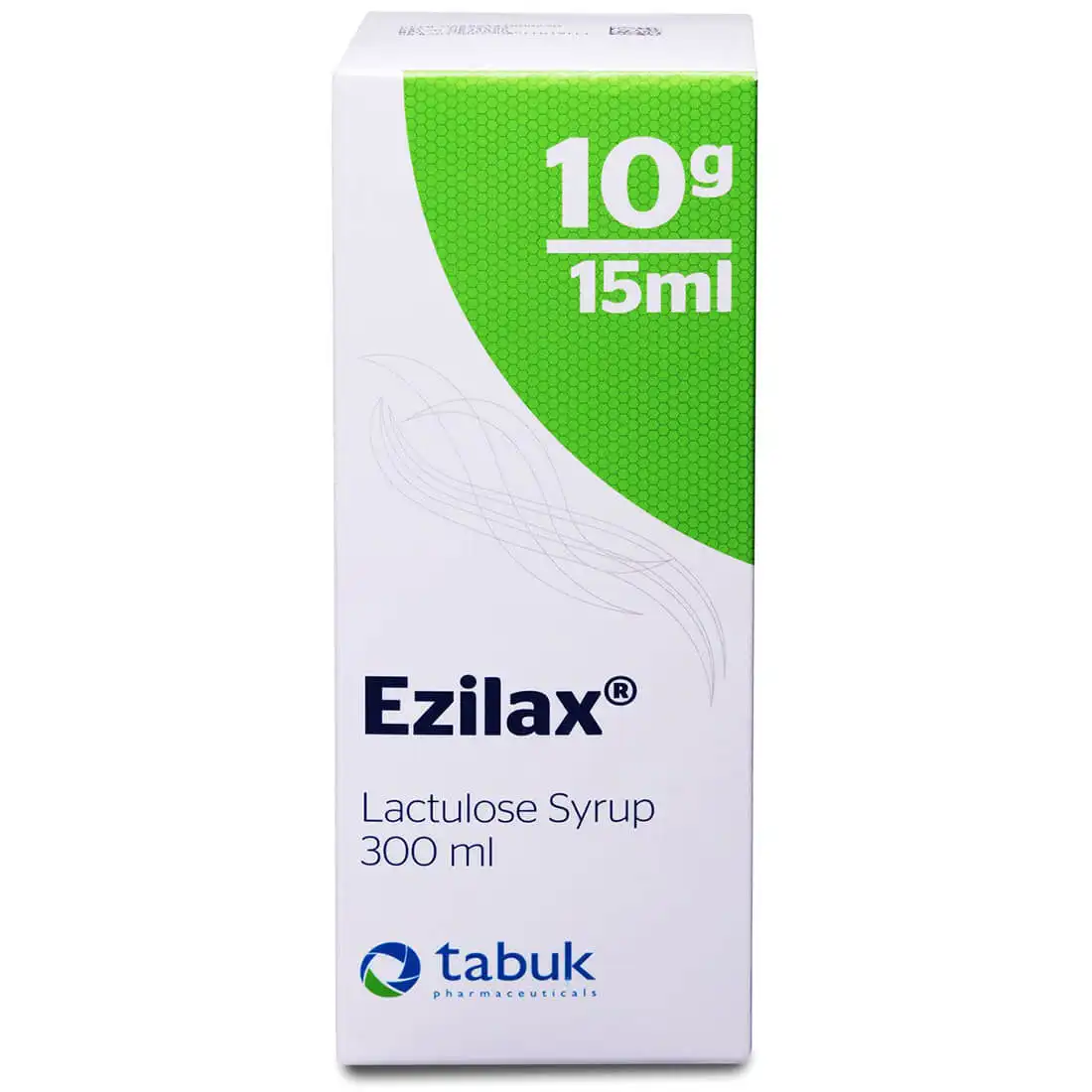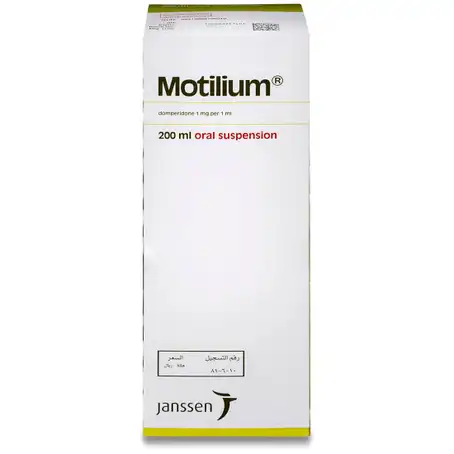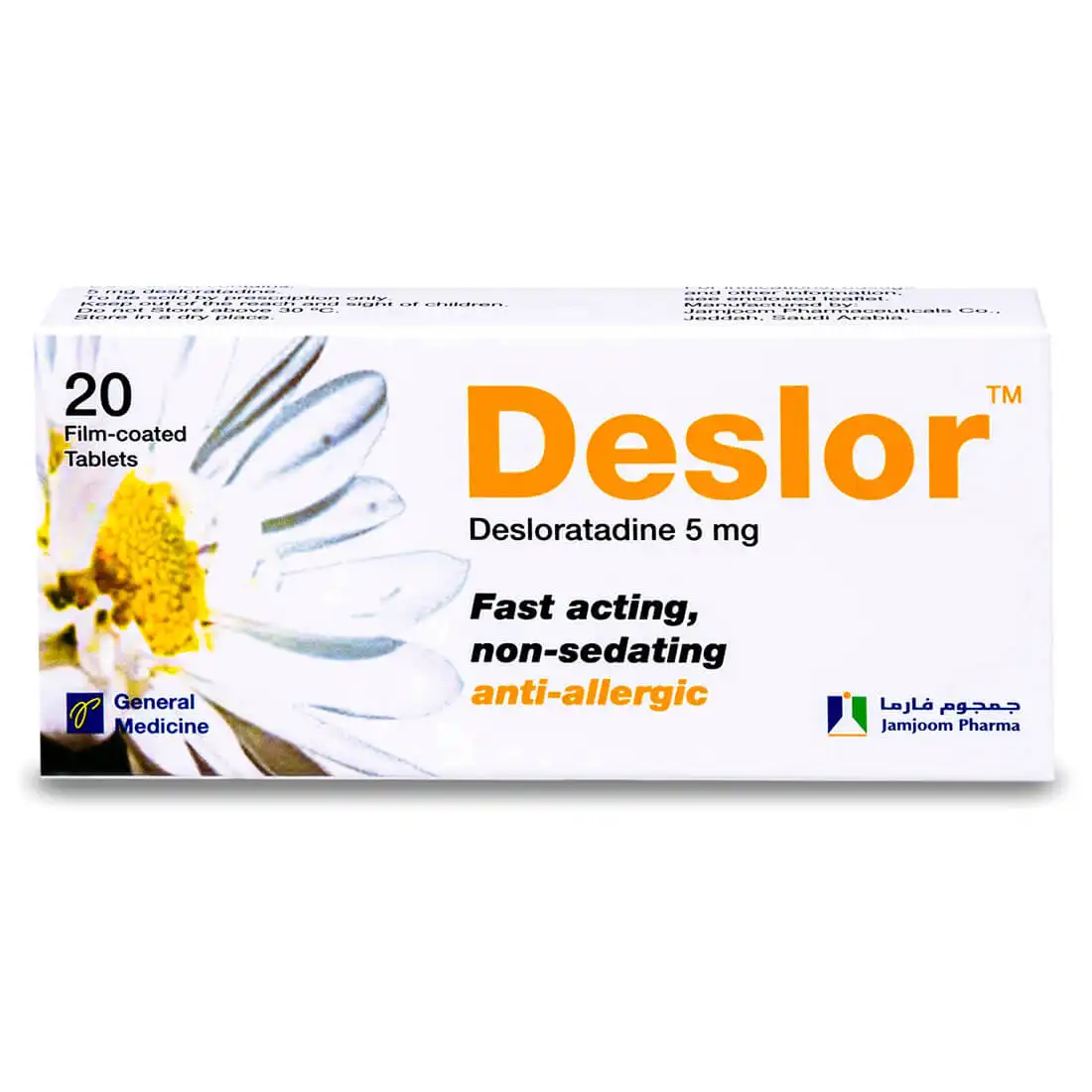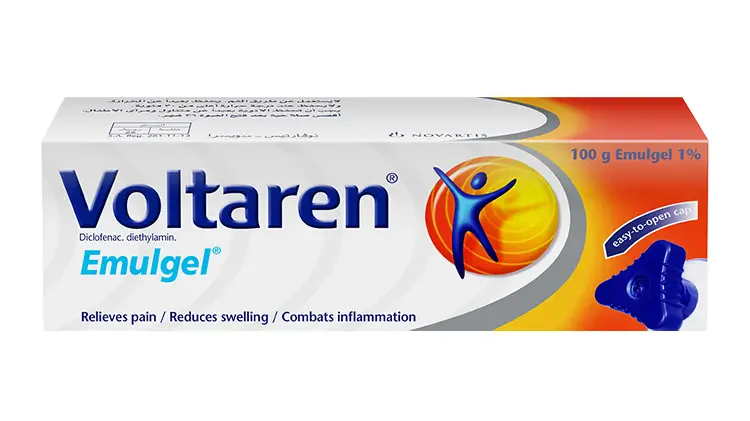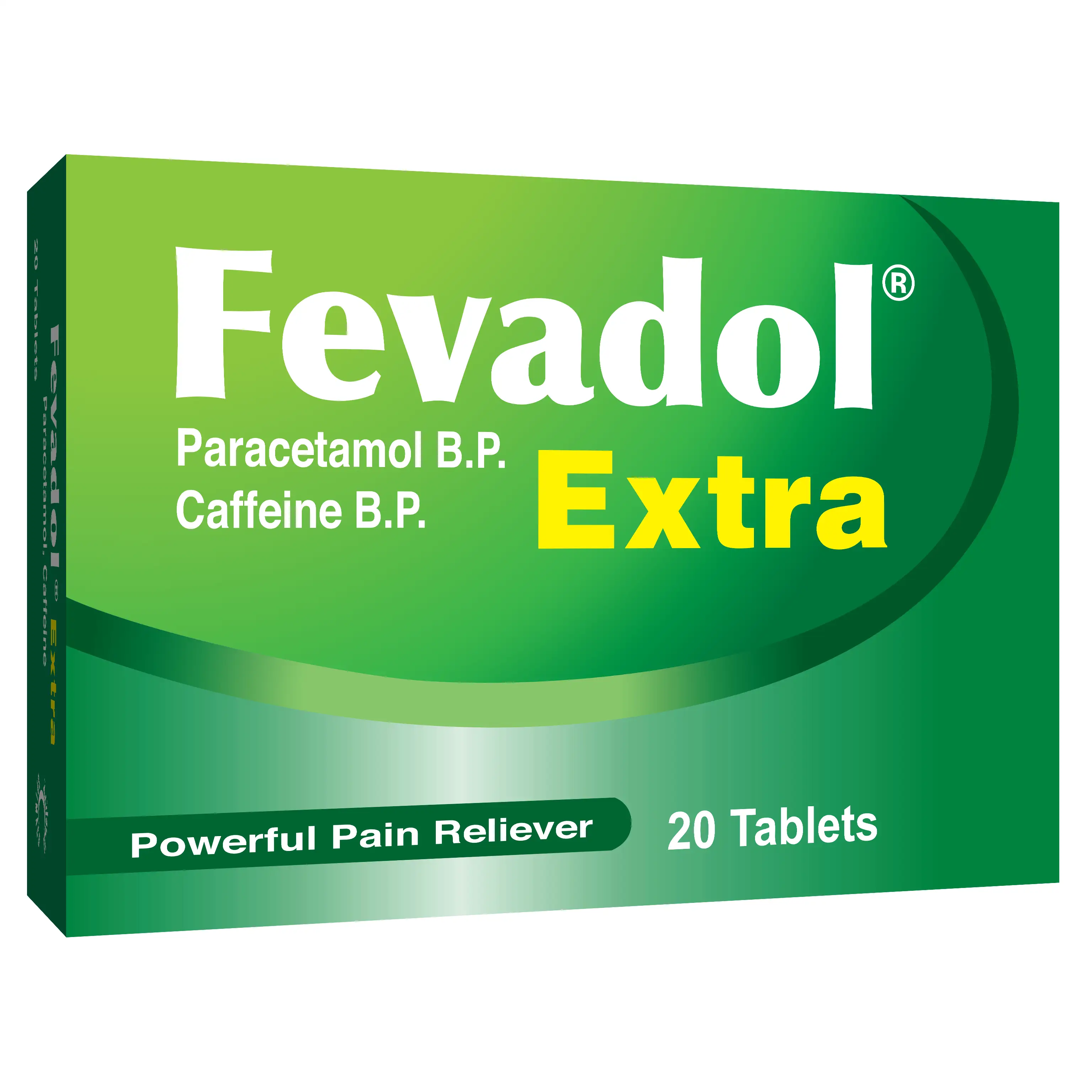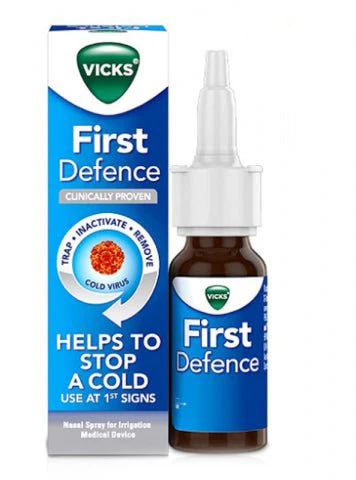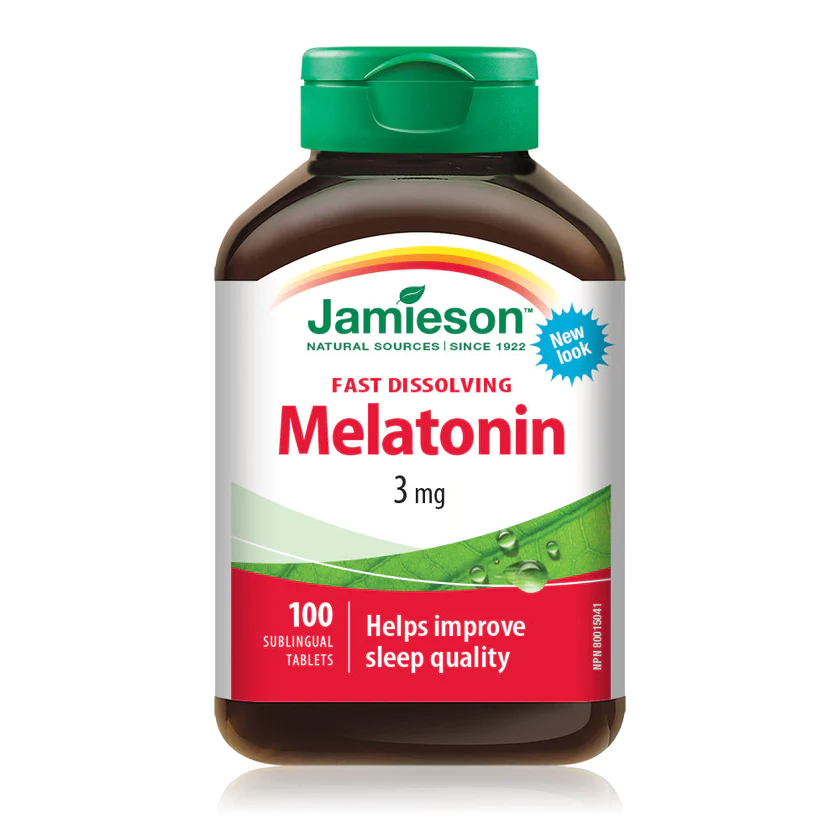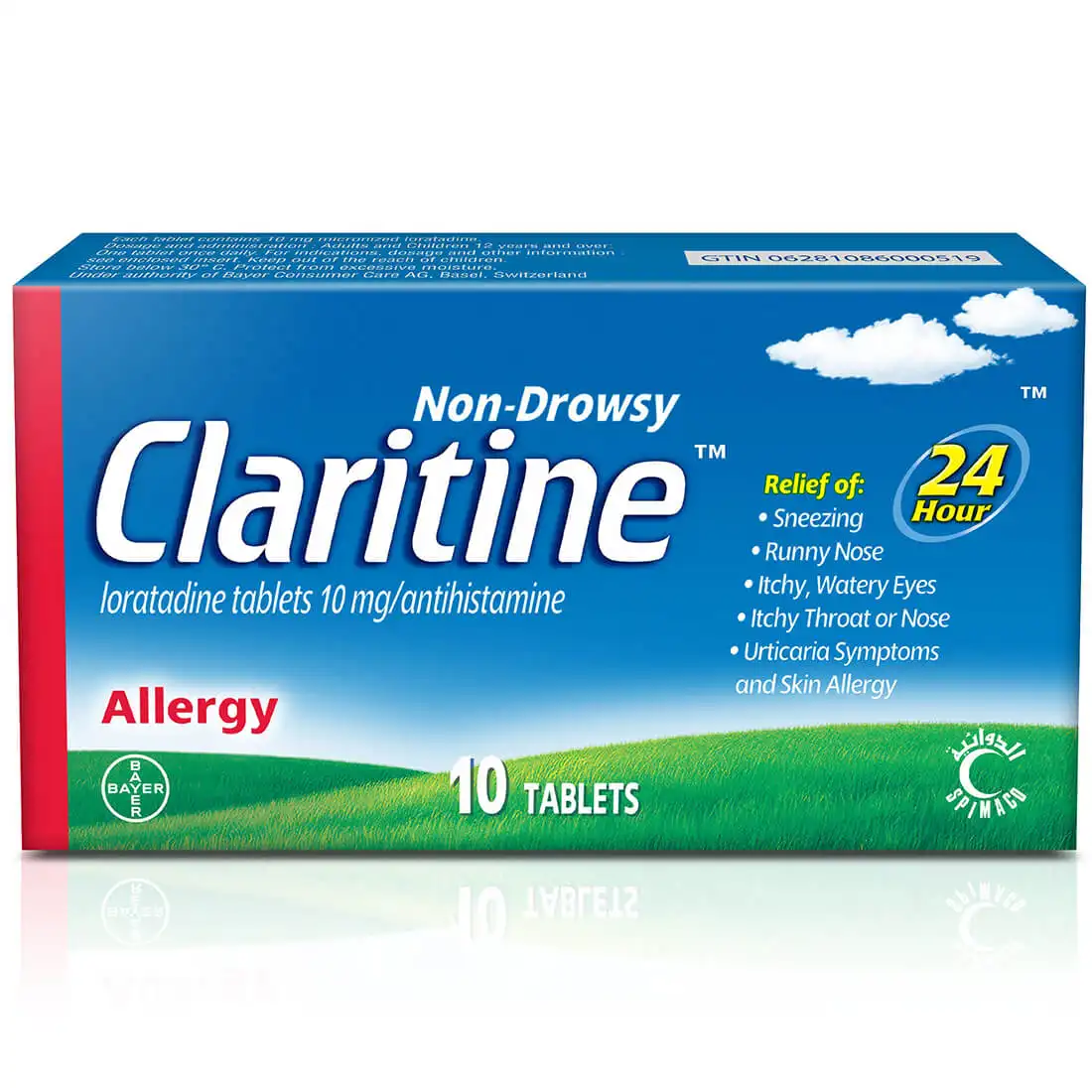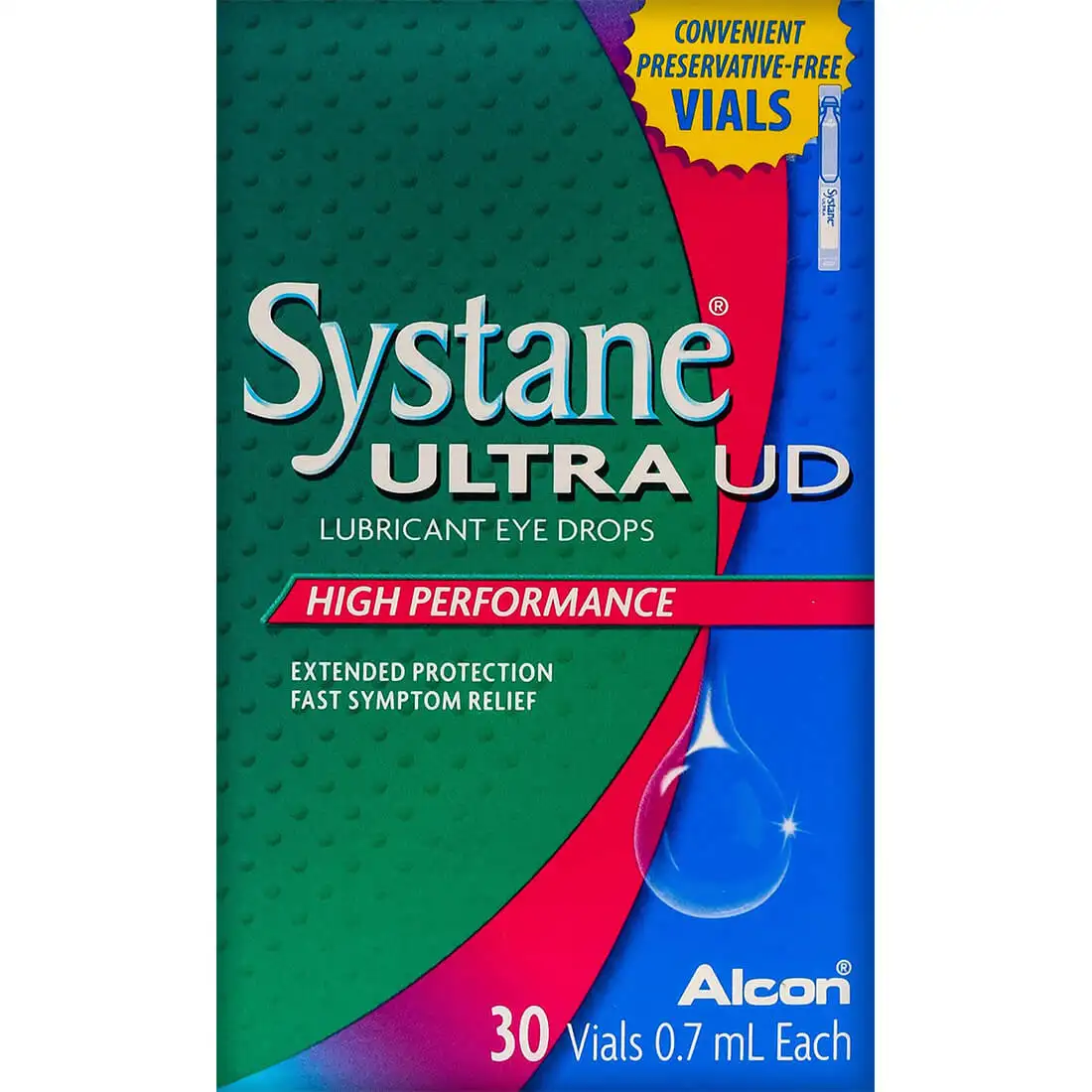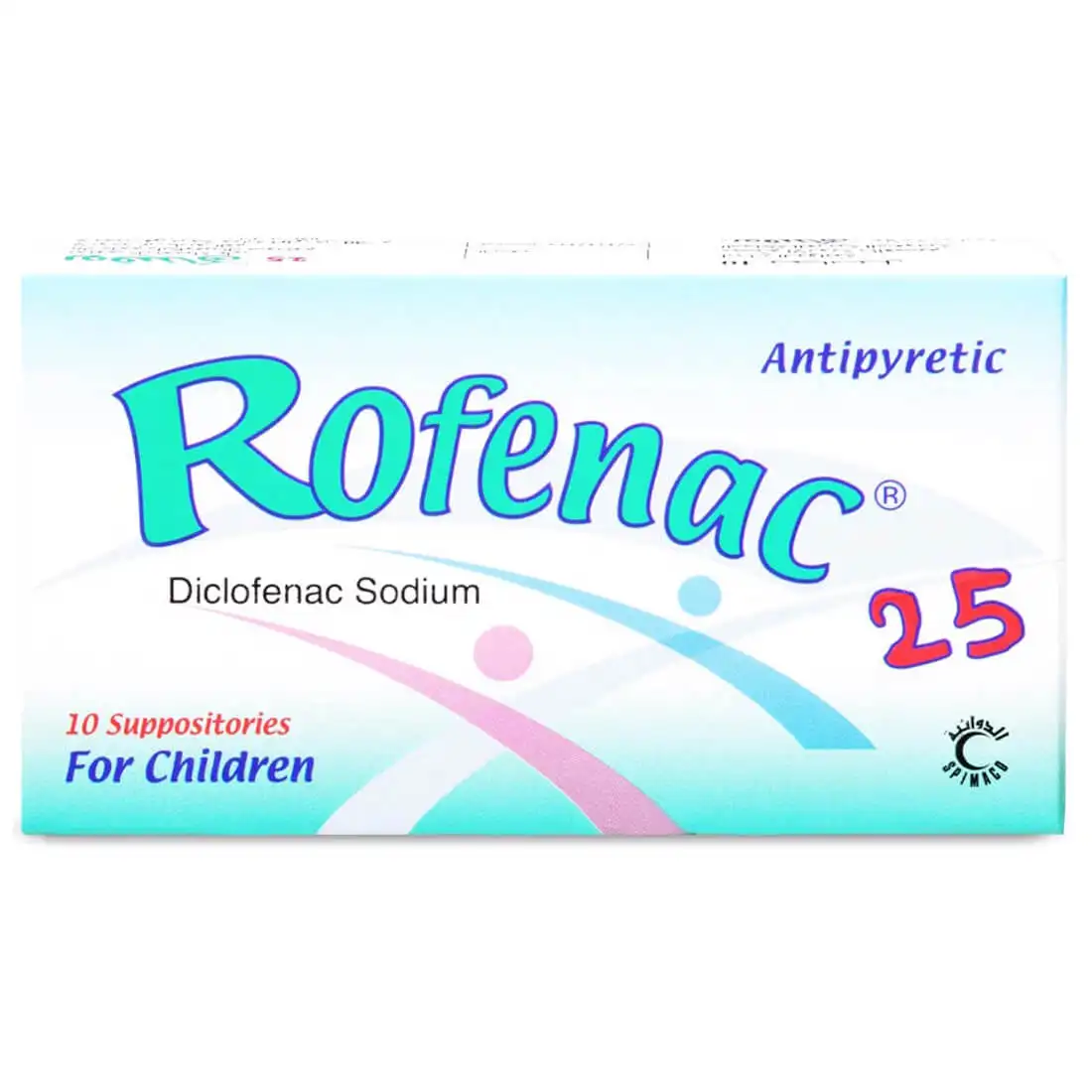| Image | Name | Price |
|---|
Verify OTP
OTP has been sent to
Verify OTP
OTP has been sent to
Cart Total
Get notified when this product is available
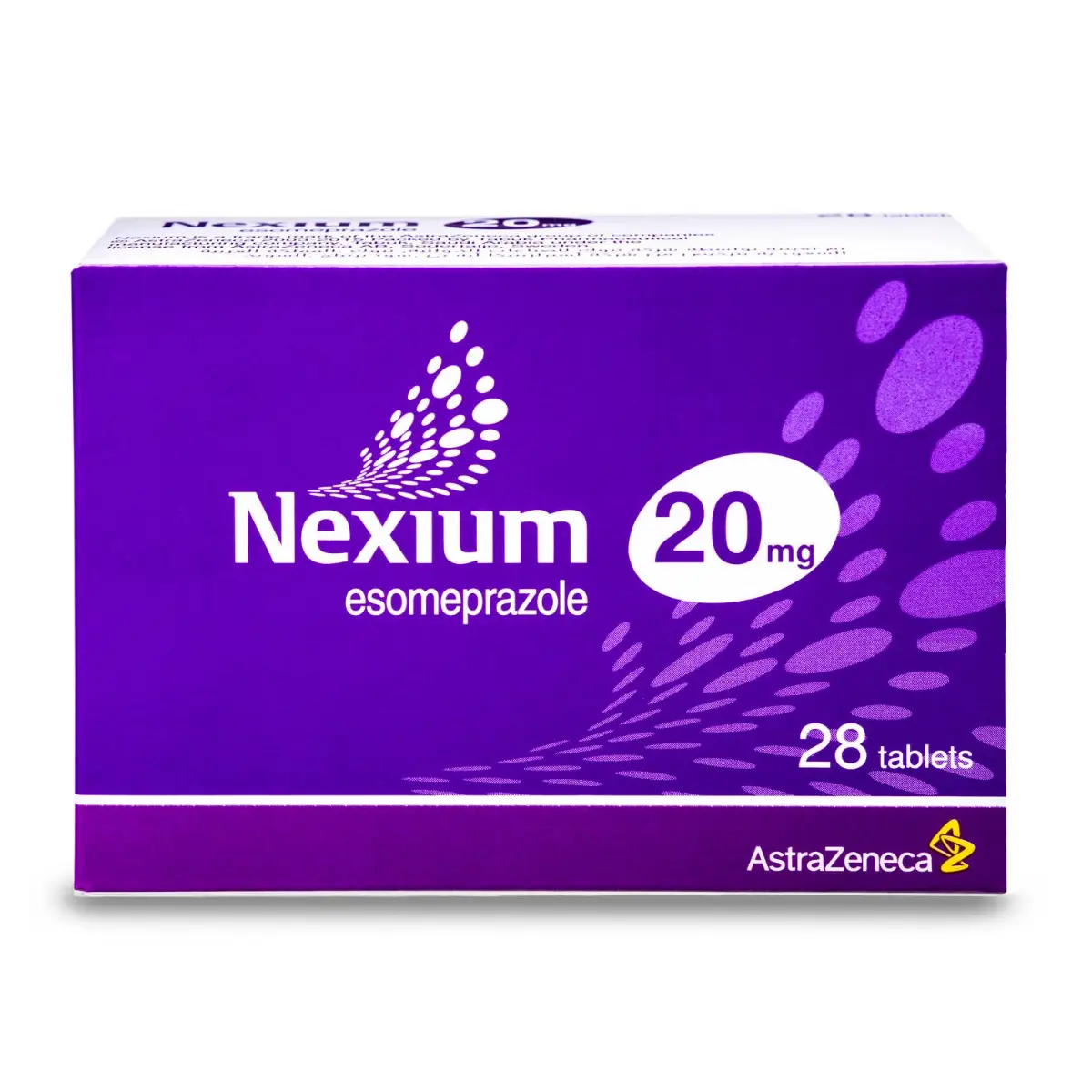
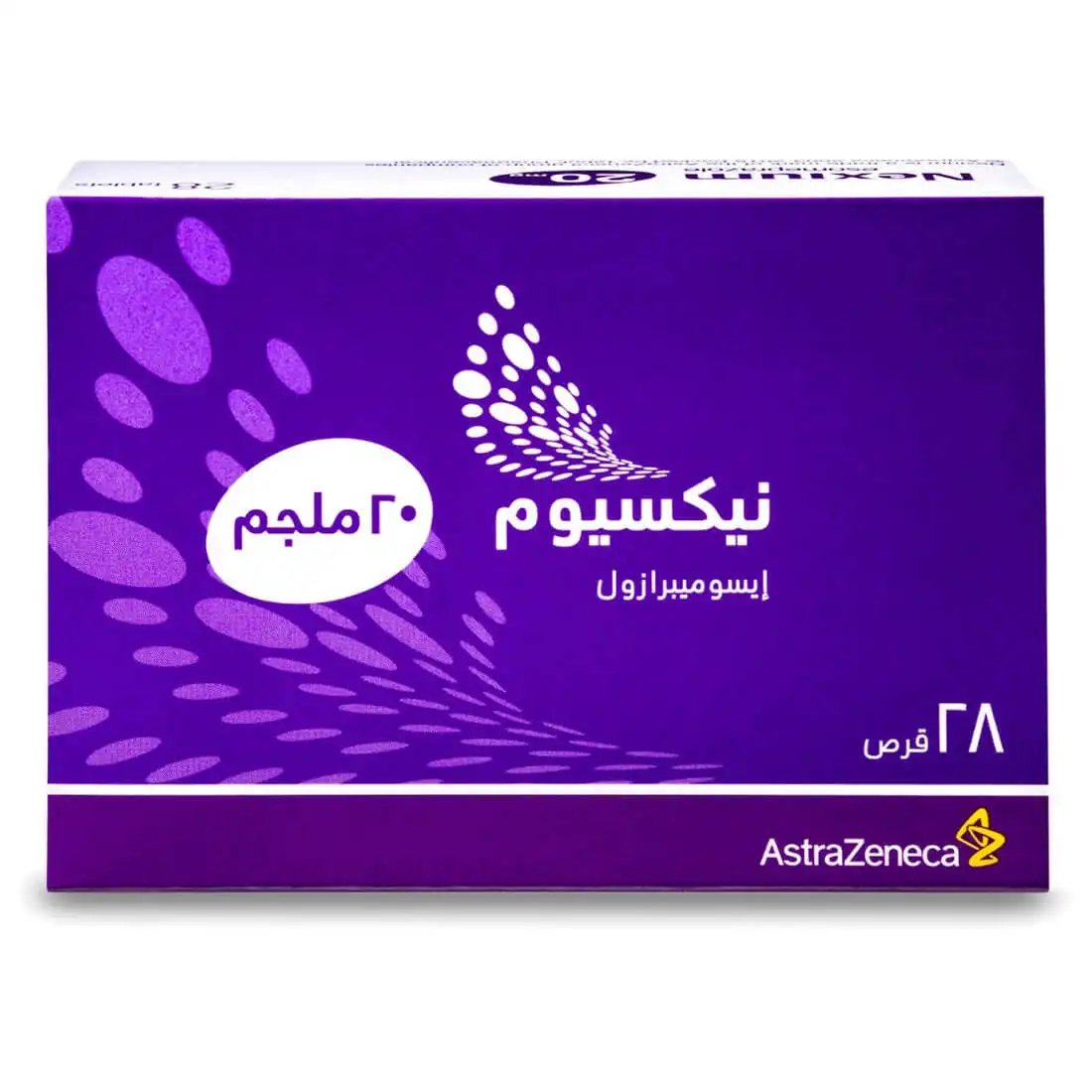



Product Description:
What Esomeprazole is and what it is used for:
•Esomeprazole
belongs to a group of medicines called ‘proton pump inhibitors’. They
work by reducing the amount of acid that your stomach produces.
•This medicine is used in adults for the short term treatment of reflux symptoms (for example, heartburn and acid regurgitation).
•Reflux
is the backflow of acid from the stomach into the gullet (“foodpipe”)
which may become inflamed and painful. This may cause you symptoms such
as a painful sensation in the chest rising up to your throat (heartburn)
and a sour taste in the mouth (acid regurgitation).
•Esomeprazole is not meant to bring immediate relief.
•You
may need to take the capsules for 2-3 days in a row before you feel
better. You must talk to a doctor if you do not feel better or if you
feel worse after 14 days.
What you need to know before you use Esomeprazole:
Do not use Esomeprazole:
•If you are allergic to Esomeprazole or any of the other ingredients in this medicine
•If
you are allergic to medicines containing other proton pump inhibitors
(e.g. pantoprazole, lansoprazole, rabeprazole or omeprazole).
•If you are taking a medicine containing nelfinavir (used to treat HIV infection).
Warnings and precautions:
You should let your doctor know:•You have had a stomach ulcer or stomach surgery in the past.
•You have been taking treatment continuously for reflux or heartburn for 4 or more weeks.
•You have jaundice (yellowing of skin or eyes) or severe liver problems.
•You have severe kidney problems.
•You
are aged over 55 years and have new or recently changed reflux symptoms
or need to take a non-prescription indigestion or heartburn remedy
treatment every day.
•You have ever had a skin reaction after treatment with a medicine similar to Esomeprazole that reduces stomach acid.
•You are due to have an endoscopy or a urea breath test.
•You are due to have a specific blood test (Chromogranin A).
Other medicines and Esomeprazole:
•Do not take this medicine if you are also taking a medicine containing nelfinavir (used to treat HIV infection).
•You should specifically tell your doctor or pharmacist if you are taking clopidogrel (used to prevent blood clots).
•Do
not take this medicine with other medicines that limit the amount of
acid produced in your stomach such as proton pump inhibitors (e.g.
pantoprazole, lansoprazole, rabeprazole or omeprazole) or an H2
antagonist (e.g. ranitidine or famotidine)
Inform your doctor about the medicines you are taking, especially mention to you doctor if you are taking:•Ketoconazole and itraconazole (used to treat infections caused by a fungus).
•Voriconazole
(used to treat infections caused by a fungus) and clarithromycin (used
to treat infections). Your doctor may adjust your dose of Esomeprazole
if you also have severe liver problems and are treated for a long period
of time.
•Erlotinib (used to treat cancer).
•Methotrexate (used to treat cancer and rheumatic disorders).
•Digoxin (used for heart problems).
•Atazanavir, saquinavir (used to treat HIV infection).
•Citalopram, imipramine or clomipramine (used to treat depression).
•Diazepam (used to treat anxiety, relax muscles or in epilepsy).
•Phenytoin (used to treat epilepsy).
•Medicines
that are used to thin your blood, such as warfarin. Your doctor may
need to monitor you when you start or stop taking Esomeprazole.
•Cilostazol
(used to treat intermittent claudication – a condition where poor blood
supply to the leg muscles causes pain and difficulty in walking).
•Cisapride (used for indigestion and heartburn).
•Rifampicin (used to treat tuberculosis).
•Tacrolimus (in cases of organ transplantation).
•St. John’s wort (Hypericum perforatum) (used to treat depression). risk of a lowered threshold for seizures.
Children and adolescents:
Esomeprazole should normally not be used for children and adolescents under 18 years.
How to use Esomeprazole:
Always
take this medicine exactly as described in this leaflet or as your
doctor or pharmacist have told you. Check with your doctor or pharmacist
if you are not sure.
How much to take:
•The recommended dose is one capsule a day.
•Do not take more than this recommended dose of one capsule (20 mg) a day, even if you don’t feel an improvement immediately.
•You
may need to take the capsules for 2 or 3 days in a row before your
reflux symptoms (for example, heartburn and acid regurgitation) get
better.
•The treatment length is up to 14 days.
•When your reflux symptoms have completely gone you should stop taking this medicine.
•If
your reflux symptoms get worse or do not improve after taking this
medicine for 14 days in a row, you should consult a doctor. If you have
persistent or longstanding, frequently recurring symptoms even after
treatment with this medicine, you should contact your doctor. Taking
this medicine
•You can take your capsule at any time of the day either with food or on an empty stomach.
•Swallow
your capsule whole with half a glass of water. Do not chew, crush or
open the capsule. This is because the capsule contains coated pellets,
which stop the medicine from being broken down by the acid in your
stomach.
•It is important not to damage the pellets.
Possible side effects:
Stop using the product and seek immediate medical attention if
•Swelling of the face, lips, tongue or throat which may cause difficulty in breathing or swallowing
How to store Esomeprazole:
•Keep this medicine out of the sight and reach of children.
•Do
not use this medicine after the expiry date which is stated on the
carton and the bottle after EXP. The expiry date refers to the last day
of that month.
•Do not store above 30°C.
•Keep this medicine in the original package in order to protect from moisture.
•Do
not throw away any medicines via wastewater or household waste. Ask
your pharmacist how to throw away medicines you no longer use. These
measures will help protect the environment.

